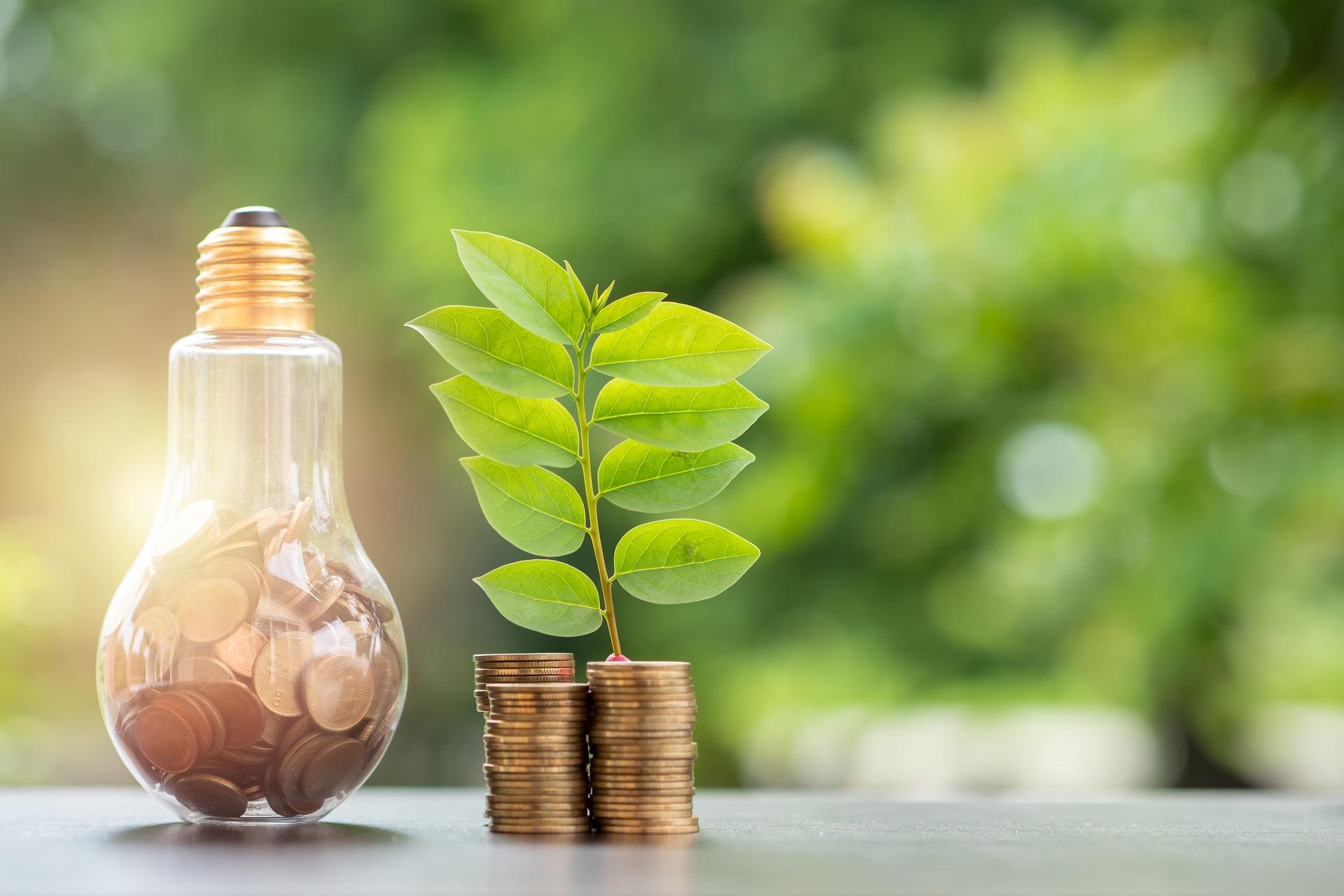- Textiles with organic certificates
- Cheap ecologic energy
- Types of plastic
- Gardens of the Senses
- Green stops
- Houses for insects
- Anti-smog pavement
- Solar panels
- Ecological clothes
- Energy-efficient buildings
- Composter
- 10 ideas for green life
- Rain gardens
- Solar house
- Recycling of clothes
- Organic food
- Eco plates and cutlery
- Eco cleaning the house
- Organic milk
- Ecological cooking
- Carpooling
- Green walls
- Microplastic
- Saving water
- Ecological certificates
- Mobile eko apps
- Eco straws
- Ecological bags
- Being Eco
- Urban apiary
- Xeriscaping
- Green roofs
- Green architecture
- Hortitherapy
- Overheated city
- Open composters
- Smart cities
- Smog
- Functions of greenery
- Miniature Parks
- Electric cars
- Why are the trees in the city so important?
- Zero Waste
- Ecological shopping
- Ecological office
- Use rainwater!
Cheap ecologic energy – is it possible?
Cheap ecologic energy – is it possible?

The ongoing problem of smog, droughts, forest fires and shortage of drinking water, and finally – the climate crisis. You have surely encountered these terms recently, be it in the media or in conversations with your close ones who are no strangers to ecological ideas. Greenhouse gases contribute to the global warming, and all human beings leave a so-called carbon footprint in their wake. An average Pole’s footprint is 8 tons of carbon dioxide annually, whereas the global target has been set at the value of 2 tons. The amount is determined, among other things, by the house heating mode, means of transport, or the diet. Biomass is to be a solution to help reduce the amount of harmful substances in the air; it has been well known for a long time, yet its potential still has not been fully utilized.
Biomass as a source of energy
In recent years, biomass has been mentioned in the context of fuel to revolutionize the Polish energy economy. Mechanisms utilizing renewable energy sources – solar panels or wind turbines – have already been around but the cost of investments in new technologies still remains high, and it only pays off at least several years later. Biomass, on the other hand, is a byproduct of other raw materials, made up by animal feces, waste wood, switch grass, etc. When travelling by car and looking around the surrounding fields, you can see lots of coiled straw lying on the ground – this is an example of biomass.
An eco-alternative
Energy is provided through combustion. Biomass contains much less harmful substances than fossil fuels. Currently, it is mainly used for generation of heat energy, yet it is being increasingly mentioned in the context of electric power generation. There are several entities in Poland with boilers fueled by biomass exclusively; the largest one is located at the Power Plant in Połaniec.
Biomass may be called an ecological product, made predominantly of waste (usually from the agricultural industry). This is another natural source of renewable energy; additionally, it does not need any high expenditures, and obtaining thereof is easier then extraction of other deposits. Biomass has an enormous hidden potential which can bring financial and ecological benefits if properly utilized.



